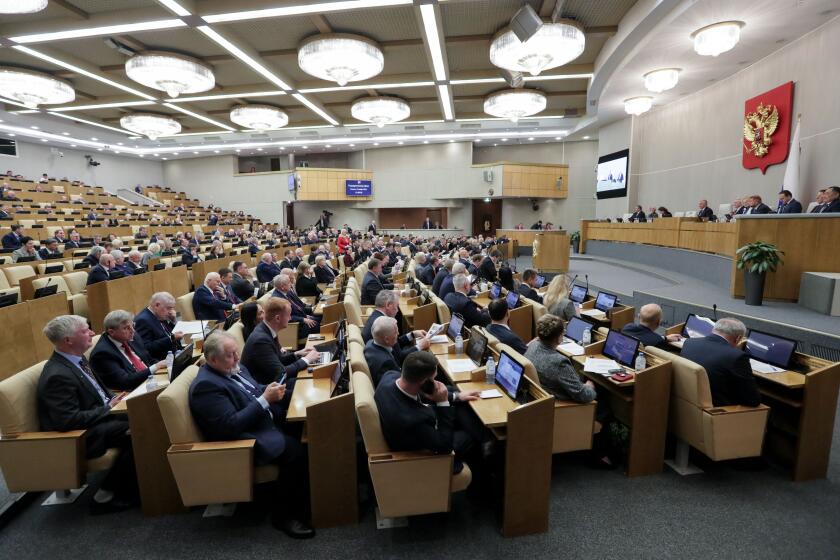In a significant geopolitical move, Russia’s Supreme Court on Thursday formally lifted the long-standing designation of Afghanistan’s Taliban as a terrorist organization—ending more than two decades of official restrictions on engagement with the group.

The ruling, requested by Russia’s Prosecutor General’s Office, clears a major legal hurdle for future diplomatic, political, and economic relations between Moscow and Kabul. The Taliban had been labeled a terrorist entity by the Russian government in 2003, making any interaction with the group a prosecutable offense under Russian law. That label, however, stood increasingly at odds with Russia’s evolving foreign policy priorities in the region.
The Taliban’s resurgence in August 2021, following the chaotic U.S. and NATO withdrawal from Afghanistan, prompted a reconsideration of Moscow’s stance. While Russia never formally recognized the Taliban as Afghanistan’s legitimate government, it has hosted Taliban delegations at various forums and treated the group as the de facto rulers of the country. Thursday’s court decision now aligns Russia’s legal framework with its pragmatic diplomacy.
“This is a legal correction that matches political reality,” said Ibraheem Bahiss, a senior analyst with Crisis Group’s Asia Program. He explained that the former terrorist designation had created “a legal impairment for trade and political ties with Kabul,” which are now easier to pursue.
Russia is not alone in changing its stance. In recent years, Central Asian neighbors Kazakhstan and Kyrgyzstan have also removed the Taliban from their national terror lists. These shifts reflect a growing regional consensus that some level of engagement with the Taliban is necessary to maintain stability in Central Asia, particularly in light of concerns about extremist offshoots like Islamic State-Khorasan (ISIS-K), which has openly threatened both Taliban rule and Russian interests.
Michael Kugelman, a South Asia expert, characterized the decision as “not groundbreaking,” noting that many countries—including some in the West—never officially designated the Taliban as a terrorist group. Still, he said the ruling is a “win-win” that allows Russia to deepen its regional influence while offering the Taliban a much-needed boost in international legitimacy.
Despite this diplomatic success, the Taliban continue to face heavy criticism over their human rights record, especially regarding the treatment of women and girls. Since taking control in 2021, the group has reimposed draconian policies reminiscent of their first regime (1996–2001), banning girls from attending school beyond the sixth grade and restricting women from most forms of employment and public life.
These restrictions have severely limited international recognition and foreign aid to Afghanistan. While some Taliban factions reportedly support softening these policies to attract global assistance and investments, the leadership has thus far remained largely uncompromising.
The United Nations has repeatedly urged the Taliban to reverse their bans, while major donor nations have tied financial aid to the restoration of basic rights and freedoms. Yet, Taliban leaders have instead leaned on alternative diplomatic relationships with countries like China, Qatar, and the United Arab Emirates.
Russia’s interest in Afghanistan is deeply rooted in its historical ties. The former Soviet Union waged a brutal ten-year war in Afghanistan beginning in 1979, ultimately withdrawing in 1989 after suffering major losses. Since then, Russian policymakers have viewed the country as a volatile yet strategically critical neighbor.
With the new ruling, Moscow appears poised to expand its influence in Afghanistan, not through military intervention, but through diplomacy, trade, and regional security cooperation. As Bahiss noted, “Beyond making it easier for individuals and businesses to engage with Afghanistan, I am not sure what other major benefit this will have.” Still, the move represents a symbolic and practical shift that could reshape regional dynamics.
The court’s decision does not signal full diplomatic recognition of the Taliban, but it paves the way for deeper political engagement and potentially greater economic cooperation—at a time when both Russia and Afghanistan are seeking new allies in a rapidly evolving global order.



